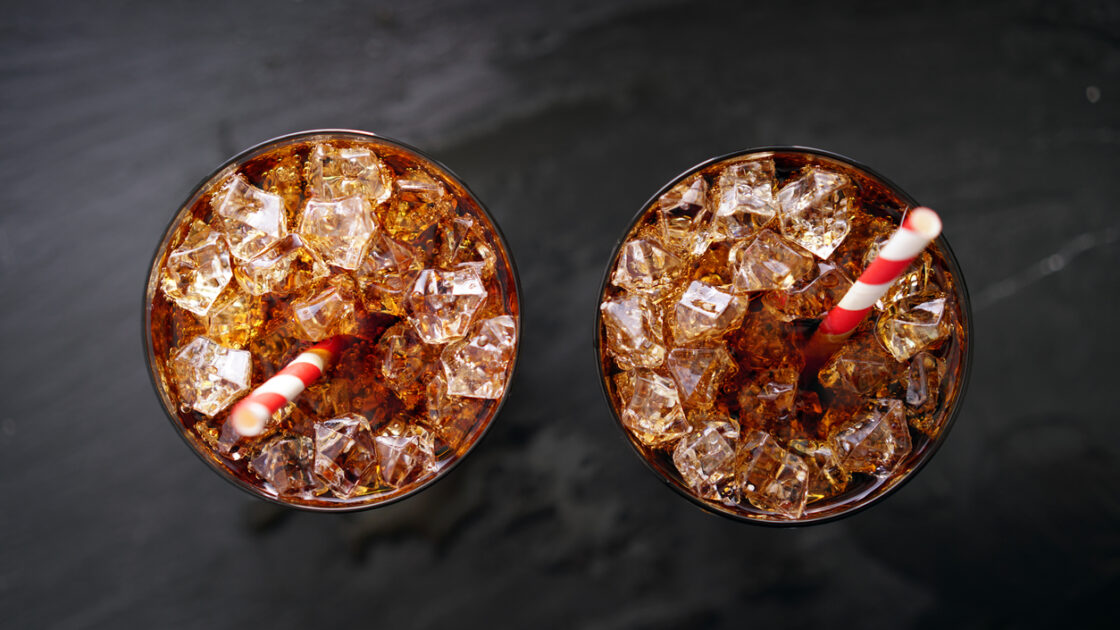Seattle Passes Soda Tax in 7-1 Vote

The Seattle City Council approved a new soda tax last Monday in a 7-1 vote. The new law will add a 1.75-cent-per-ounce tax to the price of sugary beverages in the city as of January 2018.
The proceeds from the tax will be used to raise money for healthy food and education programs in the city and will hopefully cut down on sugary beverage consumption, according to councilman Tim Burgess, who sponsored the measure.
“Liquid sugar has zero nutritional benefits,” he said.
Early criticism of the tax noted that it would disproportionately affect low-income families, who are statistically more frequent consumers of sugary beverages. This is especially true given the fact that while the tax is officially at the distribution level, the price hike is likely to be passed on to consumers. However, proponents of the tax note that the programs that Seattle plans to fund with the tax proceeds should help these consumers have better access to healthy food.
“This is a significant a victory by and for working families throughout Seattle because the new law puts closing the food security gap as the number one investment priority for the tax revenue,” Tammy Nguyen, an organizer with the community group Got Green, told CNBC.
The tax was first proposed by Mayor Ed Murray in February. While the tax was also originally intended to include diet sodas, a racial-equality analysis showed that they tend to be favored by white people and by the wealthy, and they were not included in the final proposal.
There is still some uncertainty as to whether sweetened coffee-based drinks will be affected by the tax. While milky coffee-based drinks, like lattes, and milky tea-based drinks, like bubble tea will not be taxed, regardless of their sugar content, KUOW reports that certain milk-free barista-made drinks, such as coffee sweetened with syrups, could be affected in the hometown of Starbucks.
“There could be other coffee-based drinks that are heavily sugared that would fall into the definition,” said city finance director Glenn Lee, who is responsible for managing the taxes the city levies. “And that’s part of our process of working with taxpayers to understand what those drinks are.”
The tax will apply to soda, sweetened iced tea, sports drinks, energy drinks, and juice drinks with added sugar. Alcoholic beverages and 100 percent juice drinks with no added sugar will be exempt.
Seattle joins Philadelphia, San Francisco, Berkeley, Oakland, Boulder, and Cook County (including Chicago) in instating such a tax.
Related on Organic Authority
Coca-Cola Blames Philly’s Soda Tax for Major Loss in Revenue and Jobs
Chicago Just Passed a Soda Tax Affecting More than 5 Million People
Berkeley’s Soda Tax Just Killed the Industry

